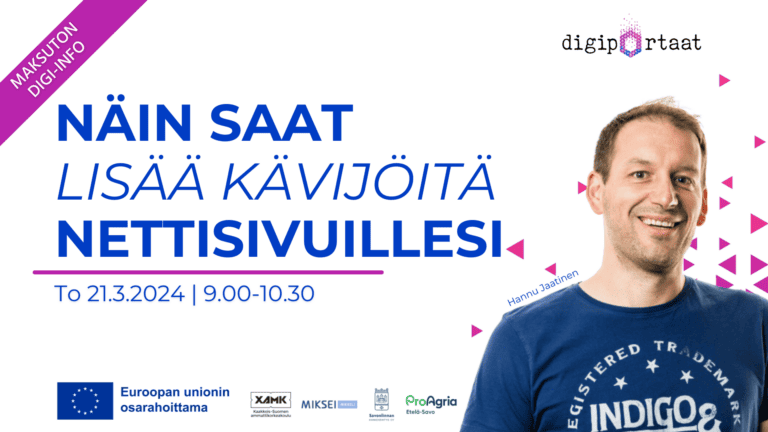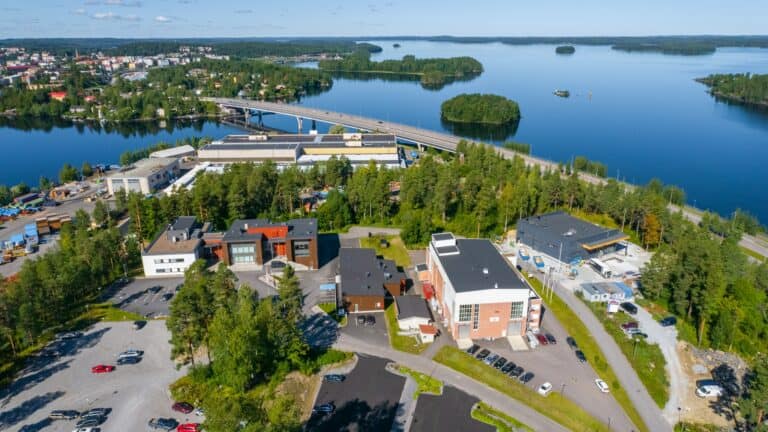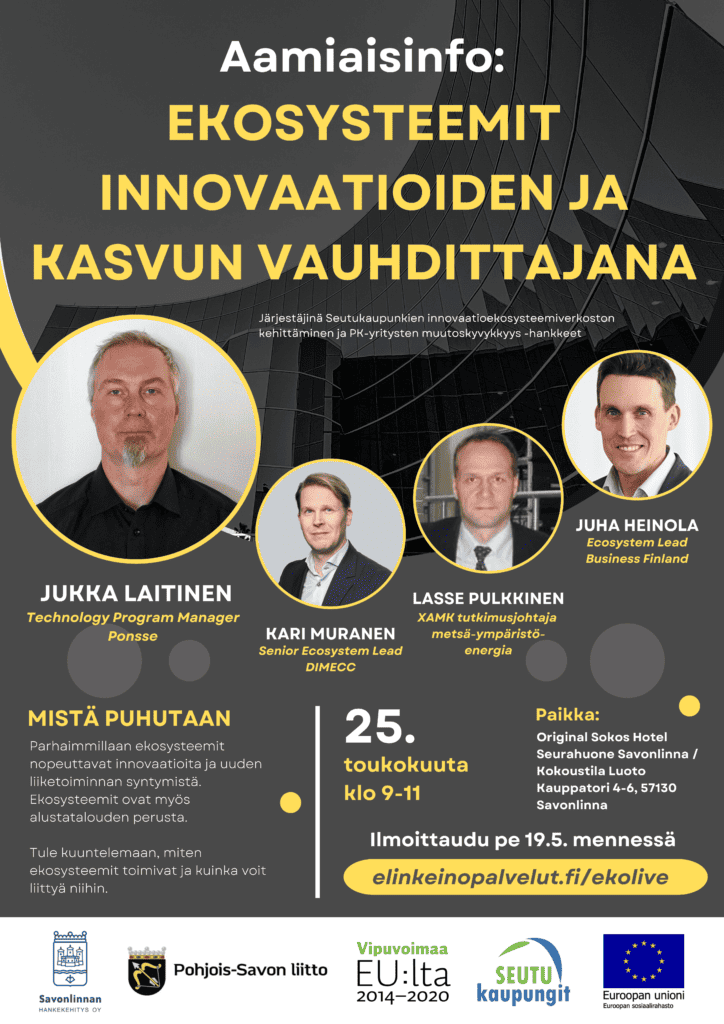Rural Growth project extension kicked off
Since the final conference of the Rural Growth Interreg Europe project rural visitor economy has taken a hit from travel restrictions with tourism sector periodically suffering heavily from loss of its customer base. On the other hand, some regions have experienced unprecedented influx of new tourism demand from visitors looking for a safe haven from the pandemic and discovering alternative domestic destinations due to restrictions of international travel. Several innovative measures have been taken and new initiatives have emerged in the project partners’ regions to help adapting the sector to the new reality.
To exchange these good practices and to tackle the challenges in the visitor economy, the Rural Growth project partners joined their forces again, when an extension project was launched at the beginning of October 2021. The project financed by the Interreg Europe programme was granted an extension with a budget of 376 000 € with a 15 % co-financing by the partners. The work will be resumed by the original Rural Growth consortium, and it continues until autumn 2022.

Photo: Visit Saimaa
Regions in the same boat with the COVID-19 pandemic?
Based on the experience analysis in the online kick-off meeting on 05/10/2021 the Rural Growth partners observed a striking similarity in impacts of the pandemic Europewide: The eradication of international tourism and a surge in the demand of accommodation and activities in the rural settings. The original Rural Growth project was very successful in facilitating the development of rural visitor economy with new initiatives and policy changes based on interregional learning. Therefore, sharing experiences and good practices related to dealing with the pandemic and recovery in the post-COVID-19 situation was deemed very important: Some policies implemented based on Rural Growth, for instance in event industry, are still in a precarious situation, whereas e.g., demand for outdoor recreation opportunities has significantly increased.

Photo: Visit Saimaa
During the project extension, the partners have updated their Status Quo analysis concerning the visitor economy. They have been supporting each other and are looking forward to facilitating post-pandemic recovery of rural economies by transferring good practices related to the issue. Online and physical exchange of experience workshops have been organized and stakeholders have been engaged to reach policy changes that help visitor economy to recover. The strategic goal for increasing the competitiveness of rural SMEs is to retain new markets unplucked during the pandemic while actively taking part in the redistribution of international post-COVID tourism demand.
COVID-19 challenges and opportunities
It appears that, after re-starting, tourism in rural areas suffered less compared to urban areas. Domestic tourism was possible whereas international travel was either too difficult or not allowed. Some partners reported larger visitor numbers than usual and better-than-normal financial results. The pandemic has undoubtedly produced real distress to rural tourism businesses, and some have closed permanently. Some places experienced the negative impacts of ‘over-tourism’. New visitor segments have also emerged, such as ‘first time’ domestic visitors and people relocating to work from rented rural holiday cottages. In some places, demand in the shoulder seasons and winter increased as international holidays were not viable. Potentially, there could be a re-alignment of the rural tourism market if consumer preferences for less long haul and more domestic tourism persist.
The most positive interpretation of lockdown for businesses has been a moment to reflect on their target customers and update their processes, and the goods and services they provide. It has stimulated innovation in products that are suitable to the new situation. From a strategic view, it has motivated individual businesses to digitise, and has demonstrated the value of networking and engagement, via online platforms, for obtaining COVID-related guidance, business skills training, product promotion, and direct communication with customers.
Future steps
The Rural Growth partners have identified some strategic issues for rural tourism. The stop-start pattern of re-openings, and the unknown future course of the pandemic has created uncertainty, an inability to make or implement plans or to make investments, and a lack of confidence about the future. There is a re-distribution of the seasonal labour force and a labour shortage, causing some businesses to be operating substantially below full capacity. A further challenge is to maintain the ‘new popularity’ of rural tourism. Future patterns of international and domestic tourism, also aiming to achieve net zero, could be markedly different from the pre-pandemic equilibrium. Regionally the sector can aim to develop a tourism offer that is appealing to both new and traditional visitors, is less seasonal and provides better jobs. An important aspect is to understand the change of tourism demand in the new circumstances and adaptation to the new type of demand.
In May 2022, the 3rd Interregional Exchange of Experience workshop of the project took place in Savonlinna, Finland. During it and the previous online workshops good practices were presented to the partners. Identified good practices are available on the project website and on the Interreg Europe Policy Learning platform. They include e.g. tourism programming in the destination and “patio blanket and electric pillows”. Lessons learnt from the other partners are currently being elaborated into new action suggestions. The project ends in September 2022, and before that a final partner meeting will take place in Italy.



